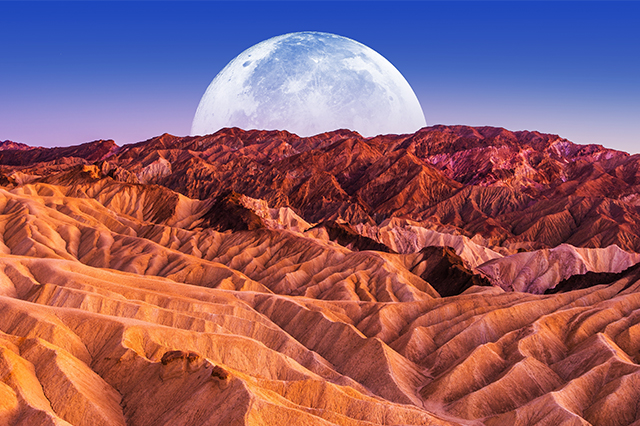- Messages
- 2,515
- Reactions
- 1,495
Because humans have never lived with the level of heat we're headed toward?There seems to be a lot of people questioning our ability to adapt to climate change. Humans have adapted to everything the earth and it's contents have thrown at us so far, why should we doubt that humans won't be able to adapt to future changes in our world?

















